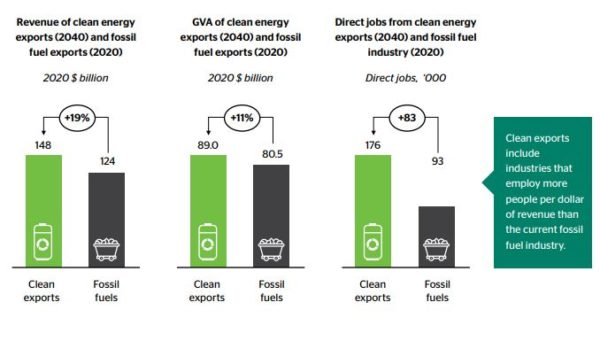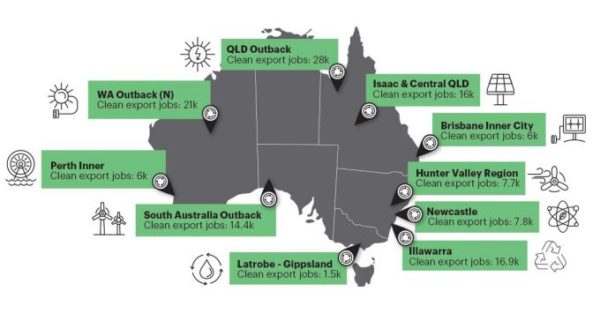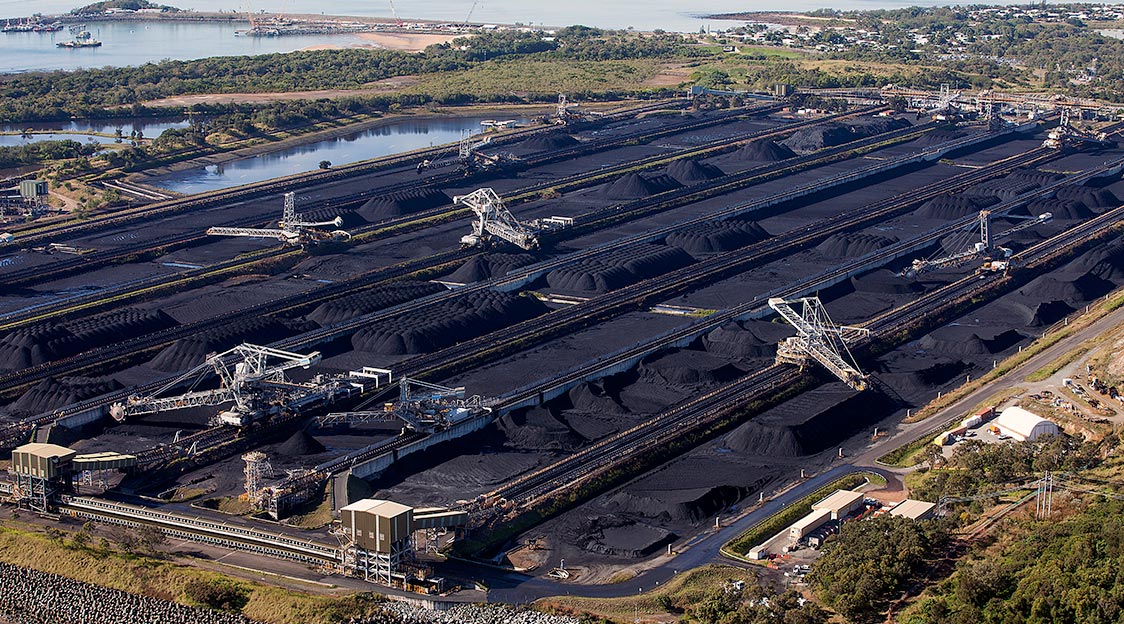Ahead of the jobs and skills summit to be staged in Canberra later this week, the Australian Conservation Foundation (ACF) has called on the federal government to commit to a renewable export strategy to make the most of employment and economic opportunities associated with the shift from fossil fuels to clean energy technologies.
“A transition to net-zero emissions industries and jobs is unavoidable,” ACF chief executive Kelly O’Shanassy said. “Our choice is in how we transition.
“If we act with speed and certainty through a national clean exports plan, the solutions to climate change will be a jobs bonanza.”
With the increasing speed of Australia’s energy transition and coal-fired power plant closures being mirrored around the world, O’Shanassy warned that without a clear strategy, Australia is at risk of becoming irrelevant.
The ACF said about half of Australia’s current exports value, worth approximately $250 billion, is exposed to international shifts to decarbonise. This primarily affects coal and gas exports but also items that emit a lot of pollution during production, such as aluminium, iron ore and beef.
The foundation said analysis provided by international consulting company Accenture shows Australia’s clean energy transition can be transformative for the nation’s regional communities, not only providing low-cost renewable energy but also helping generate 395,000 jobs and producing $89 billion in revenue by 2040.

“As the world moves away from coal and gas, Australia can retain our mantle as a reliable exporter with our focus now on critical minerals, renewable energy and green steel, hydrogen and aluminium,” O’Shanassy said.
“We need to act decisively to secure these industries. Australia is not the only nation in the world with the natural advantages and know-how to become a clean energy superpower.”
The foundation’s proposed renewable export strategy calls for government to co-invest $10 billion to accelerate the scale up of clean export industries such as hydrogen and battery manufacturing, while also establishing a target for renewable hydrogen and green metals production.
The strategy also calls for the creation of a national energy transition authority to plan and maximise the benefits from Australia’s energy transition.
That recommendation has attracted broad support with the Australian Council of Trade Unions (ACTU) last week calling on the federal government to establish a national authority to ensure that workers and communities affected by the exit of coal-fired generation from Australia’s energy mix are fully supported.

Image: ACF
The Greens have also backed the suggestion, with Senator Penny Allman-Payne announcing on Monday the party will move to legislate a new energy transition authority when parliament resumes next month.
The legislation would establish an independent statutory national energy transition authority that would put in place a framework to support workers affected by the transition to renewable energy and provide advice to government, backed by a 10-year $2.8 billion fund for “diversifying coal communities”.
Allman-Payne said the Greens will give notice of their intention to introduce the bill before the end of the year when parliament resumes.
“Everyone knows the phase out of coal is underway so we have to put in place plans and institutions to support the communities that will be affected,” she said. “There is so much opportunity for new jobs and industries in the coal regions, we just need to get on with it.”
The jobs and skills summit, to be held in Canberra on September 1 and 2, will bring together representatives from government, unions and businesses to address Australia’s labour shortage.
This content is protected by copyright and may not be reused. If you want to cooperate with us and would like to reuse some of our content, please contact: editors@pv-magazine.com.









By submitting this form you agree to pv magazine using your data for the purposes of publishing your comment.
Your personal data will only be disclosed or otherwise transmitted to third parties for the purposes of spam filtering or if this is necessary for technical maintenance of the website. Any other transfer to third parties will not take place unless this is justified on the basis of applicable data protection regulations or if pv magazine is legally obliged to do so.
You may revoke this consent at any time with effect for the future, in which case your personal data will be deleted immediately. Otherwise, your data will be deleted if pv magazine has processed your request or the purpose of data storage is fulfilled.
Further information on data privacy can be found in our Data Protection Policy.